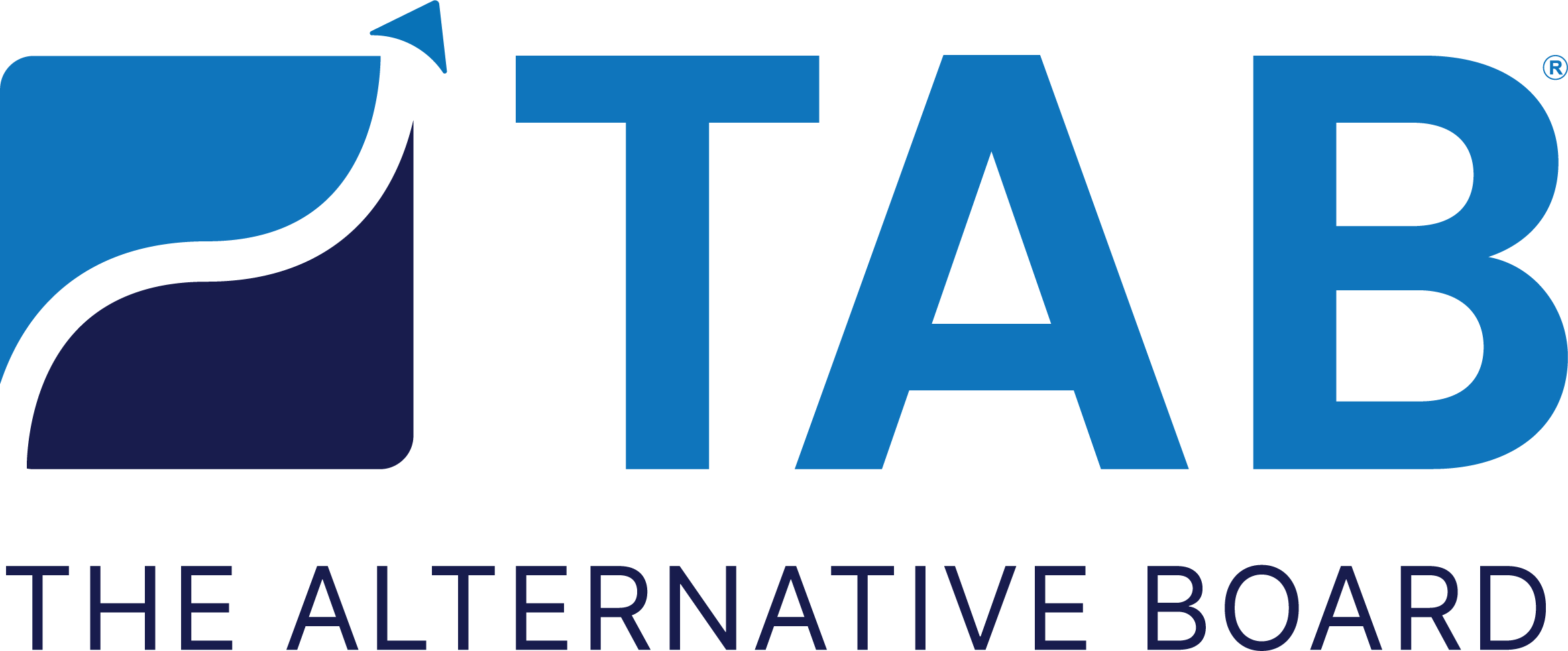How to Achieve Business Success by Knowing Your Strengths and Weaknesses
Over my years as a business coach, I’ve heard hundreds of stories about how and why my clients got into business. Each story differs, but one thing remains common: every one of them got into business to provide better services to their customers than the competition. The truth is there’s always room for improvement - even the most successful companies are continuously learning to improve their product, service, and customer experience.
In order to have the strongest business possible, it’s important to evaluate where you are in the market. One of the best ways to do this is by performing a SWOT analysis. This is a routine exercise that I often perform with my clients on a semi-frequent basis, especially after a significant change has been made to your business or industry.
Here are my recommendations for identifying your strengths and weakness to help you thrive and succeed:
Conduct an informal SWOT analysis
SWOT analysis refers to identifying the strengths, weaknesses, opportunities, and threats of your business, both internal and external. Before you begin, I recommend making a list of questions pertaining to each category to help guide you as you brainstorm with your team. As well, be sure to include various members of your organization who may have unique perspectives to add during this process. You may include your C-level executives, senior management, as well as some front-line workers
Identify your strengths
To start, I recommend making a list of your strengths. Think about what you do well and what you’ve received positive feedback on from your customers. Knowing what you’re good at can help you develop a stronger and/or clearer unique value proposition (UVP) to help resonate with more customers. This is vital especially if you’re in the growth phase of your business.
Consider the following questions:
What makes your services/products unique?
What policies, processes, and procedures lead to efficiency within your business?
How have you secured strong financials?
What relationships (partnerships, vendors, suppliers, etc.) are thriving and why?
What technology do you use that’s unique to you and proven to be effective?
Ponder your weaknesses
Now that your strengths have been clearly defined, it’s time to give thought to your weaknesses. Similar to your strengths, think about how your business could improve from an internal and external perspective. I recommend taking a look at what your customers have said about you online. Take advantage of Google reviews and other similar sites to learn about where you may have missed the mark. As well, listen to what your employees have to say about how you can improve your business from within:
Is stronger management needed, and if so, why?
Is employee turnover high? What do your exit interviews reveal to be the reason why?
What are your competitors doing well that you are not?
What gaps are missing in your product or service offerings?
Is your marketing in need of a boost?
Seek new opportunities
As previously mentioned, businesses are constantly evolving, and one of the best ways to do this is by exploring untapped opportunities. Even the smallest opportunity could lead to significant positive change for your business.
Consider the following opportunities:
New partnerships, vendors or suppliers
Mergers and acquisitions
Digital transformation
Expanding your products and services
Tapping into new markets
Prepare for any threats
Making a list of the potential threats to your business ensures that you can have a contingency plan in place should things go awry. It also allows you to be proactive in addressing these threats. Some threats may include:
Recessions
Labor shortages
Regulatory changes in your industry
Shifts in consumer behavior
Pandemics
While some of these threats may be beyond your control, it’s important to always stay informed about what’s happening in your industry as well as with your competitors. Joining an industry association and conducting a competitive analysis can help provide you with the information needed to stay up-to-date.
Ready to conduct a SWOT analysis for your business? Contact TAB today for our assistance and to benefit from the support of one-on-one business coaching sessions and peer advisory boards with like-minded business professionals.
Written by Phil Spensieri
Phil Spensieri is a TAB Facilitator in the York Region of Ontario, Canada.

